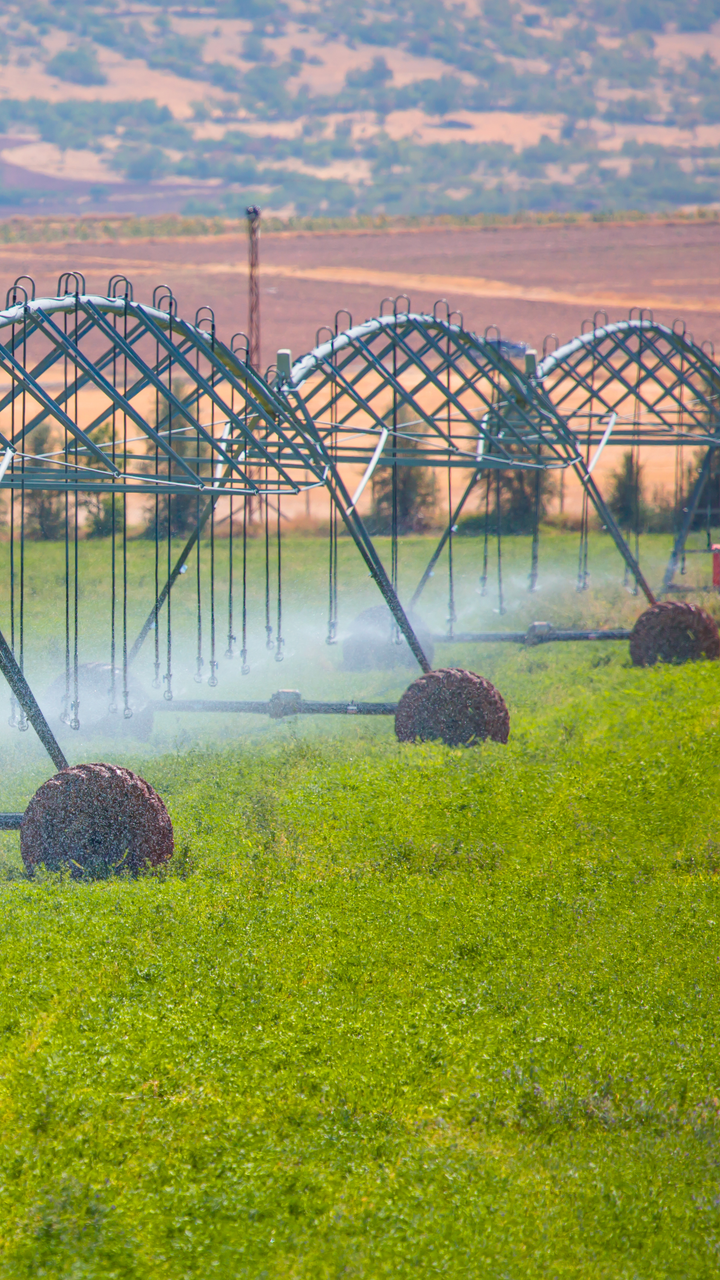Ag Tech Will Help Farmers Overcome the Challenges of 21st Century Agriculture

The future of food, beverage and agriculture production has never been more exciting and unknown. Farmers are facing labor shortages, climate change and environmental protection regulations that require action, all while trying to feed the growing global populace. As they work to overcome these challenges, one key strategy they deploy is the introduction of advanced Ag Tech into their farming practices.
At CES 2022, John Deere revealed a fully autonomous tractor that’s ready for large-scale production. The machine, which will be available to farmers later this year, combines Deere’s 8R tractor, TruSet-enabled chisel plow, GPS guidance system, and new advanced technologies. Initially Deere will support only no-person-onboard plowing, but the company is working toward offering more complex toil of seeding or harvesting applications.
“Controlling autonomous tractors or collecting data from remote sensors requires the ability to communicate with every inch of the farm. The ability to identify, address and demonstrate the infrastructure required to meet these needs will guide the future of food,” noted Nathan Mentzer, agriculture specialist at Black & Veatch.
According to John Deere, operating the tractor is as easy as setting in the field and starting it via mobile device – but connectivity will be key to ensuring this autonomous tractor can perform large-scale production. Unfortunately, the majority of American farming takes place in rural areas that may not have access to the resilient, reliable networks vital to our digital world: global engineering firm Black & Veatch recently published a rural broadband eBook citing the Federal Communications Commission’s estimate that 22.3 percent of rural Americans do not have access to fixed high-speed broadband and are impacted by the digital divide.
To help close this gap, the U.S. is prioritizing rural broadband, enabled by fiber, to connect rural citizens and foster much-needed innovation across services, businesses, and industries such as farming. The Infrastructure Investment and Jobs Act (IIJA) aims to provide broadband access to the entire country, setting forth $65 billion to help expand broadband connectivity.
“Adoption of tech-savvy farming is on the rise, but the rural digital divide is slowing agriculture modernization,” said Paul Pishal, business development director with Black & Veatch. “As home-grown leaders, rural electric cooperatives (co-ops) may be the linchpin of closing the digital divide and building the networks to realize Agriculture 2.0 and our global food supply goals.”
The future of farming is taking shape on a 40-acre plot near Fargo, North Dakota. The Grand Farm Initiative, spearheaded by Emerging Prairie, is a non-profit, collaborative test site that is giving farming a techno-shot in the arm. With over 320 projects implemented in 2021 from 55 contributors, Grand Farm is a venue for experimentation and education centered on high-tech farming, such as autonomous farm vehicles and crop science.
"Throughout humanity's history, agriculture has been a leader in innovation. As environmental concerns and the global population increase, the need for advanced technology in agriculture is crucial,” said Brian Carroll, Director of Grand Farm. “This autonomous tractor is a key indicator of the work we see day in and out at Grand Farm as the industry constantly strives to address the pain points growers – and ultimately – the world face."
John Deere’s autonomous tractor isn’t going to solve the world’s hunger problems or address all the challenges farmers face today. Rather, it demonstrates the role Ag Tech can play in creating positive change, as forward thinking organizations like Emerging Prairie and Black & Veatch commit to providing innovative solutions to the world’s most important needs.
Contact Us
Looking for a partner in innovation?
Let's Talk
